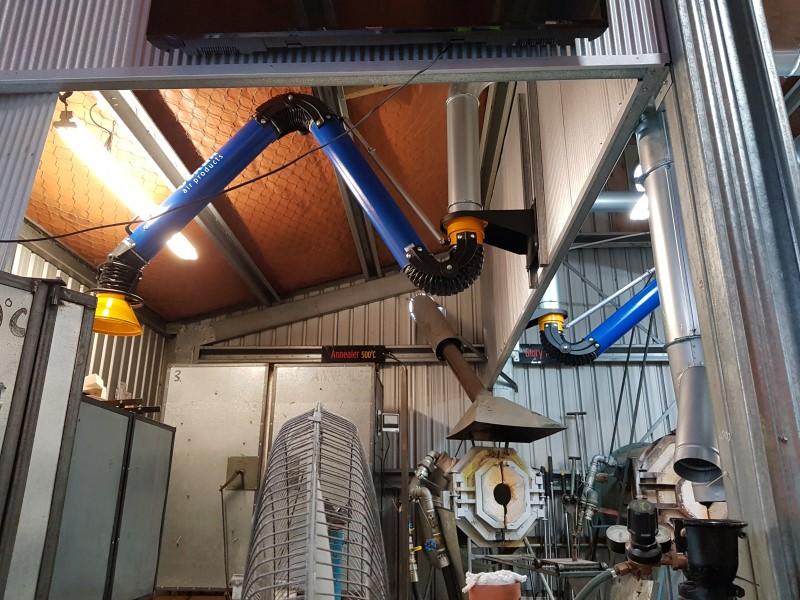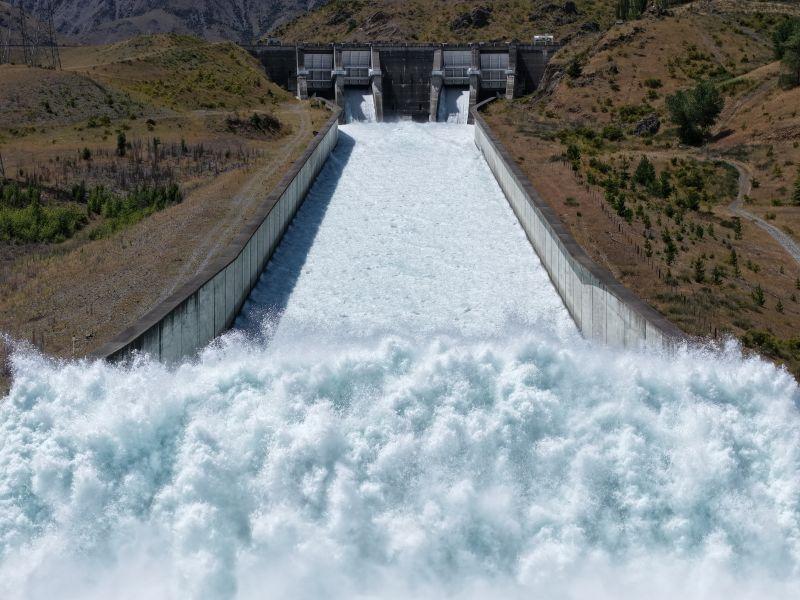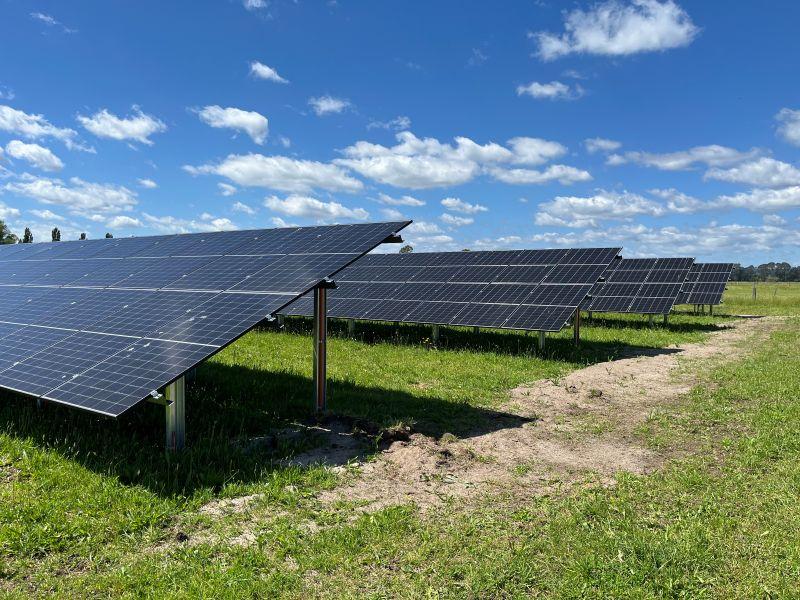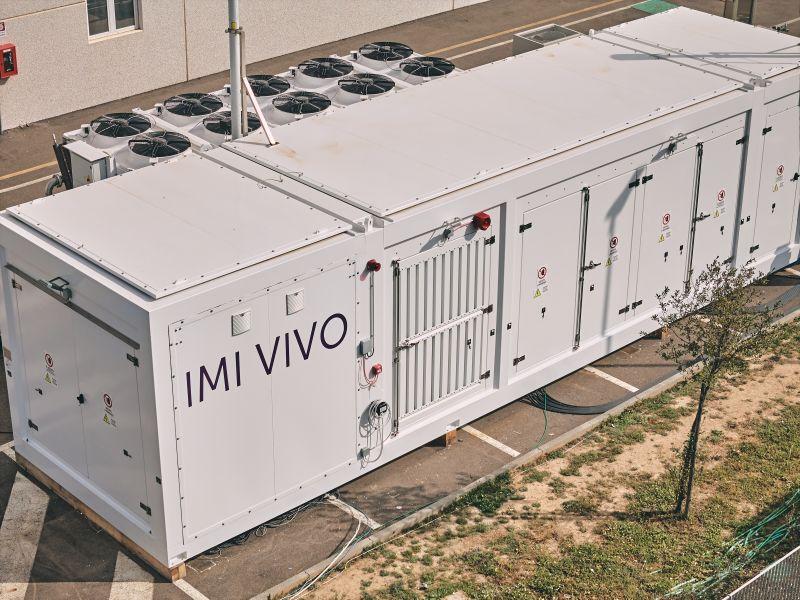When Lynden Over, a highly regarded and award-winning New Zealand glass artist needed better extraction in his Taupo based workshop, he contacted NZDUCT+FLEX in Auckland to solve the extraction issues at the various stages of his manufacturing process.
Trained at North Tec in Whangarei, Lynden holds a bachelor’s degree in applied arts. On the completion of his study he continued to work in glass and initially rented a local glass studio where he developed his own original range of collectable art glassware.
In 2002 Lynden moved to Taupo and opened Lava Glass studio and gallery. Here Lynden has had the freedom to extend his production range. He started to work on his range of large glass works, creating some award-winning art glass pieces. However as the manufacturing increased, so did the effect on the workshop environment: it got dusty. Now a key tourist attraction, it was important for Lynden that his workshop was not just about the art, but about the safety issues as well.
During the ‘blowing’ phase when the glass is being formed, as it cools, fine particles not visible to the naked eye are created. After discussion with NZDUCT+FLEX it was agreed that these particles could be captured with Fume Arms, whilst other effluent created over the ‘rolling’ bench are now captured by bespoke downdraft hoods surrounding the forming and shaping bench.
NZDUCT+FLEX supply a range of fume arms from European suppliers that vary from small lab arms to the most popular industrial sized 3m or 4m reach arms. “These blue/yellow arms that you see everywhere have external hinging and are easily the best value for money currently in the NZ market,” comments Geoff Ebdon , Sales Manager. The outside hinge ensures the arm doesn’t jam or get stiffer with constant material abrading the hinges, and with the ‘all round’ handle to position the arm easily, the result is that when being used by an individual welder, it is positioned correctly and can be adjusted with one hand to maximise the Health and Safety benefit to the worker.
Everything, including dust from the glass grinding and polishing section, is then filtered through the two-bay bag emptying modular filter from another European supplier JKF Industri who also make the fans. In this instance a JK 30D material handling fan with a 5.5kW motor was chosen. To link the whole system, all the components included the LIPLOCK® modular ducting system also from the Danish supplier, hence compatibility and performance of the whole installation is assured.
Whilst modular baghouses are one of the older filter methods, they are very cost effective for high air volumes and heavy dust loads.
Having an in-house installation team results in big time savings for NZDUCT+FLEX and their customers, and an excellently finished job, as the team are installing these products constantly all over the NZ week after week. Lynden was pleased with how quickly the unit went up and the immediate improvement in his work space.






